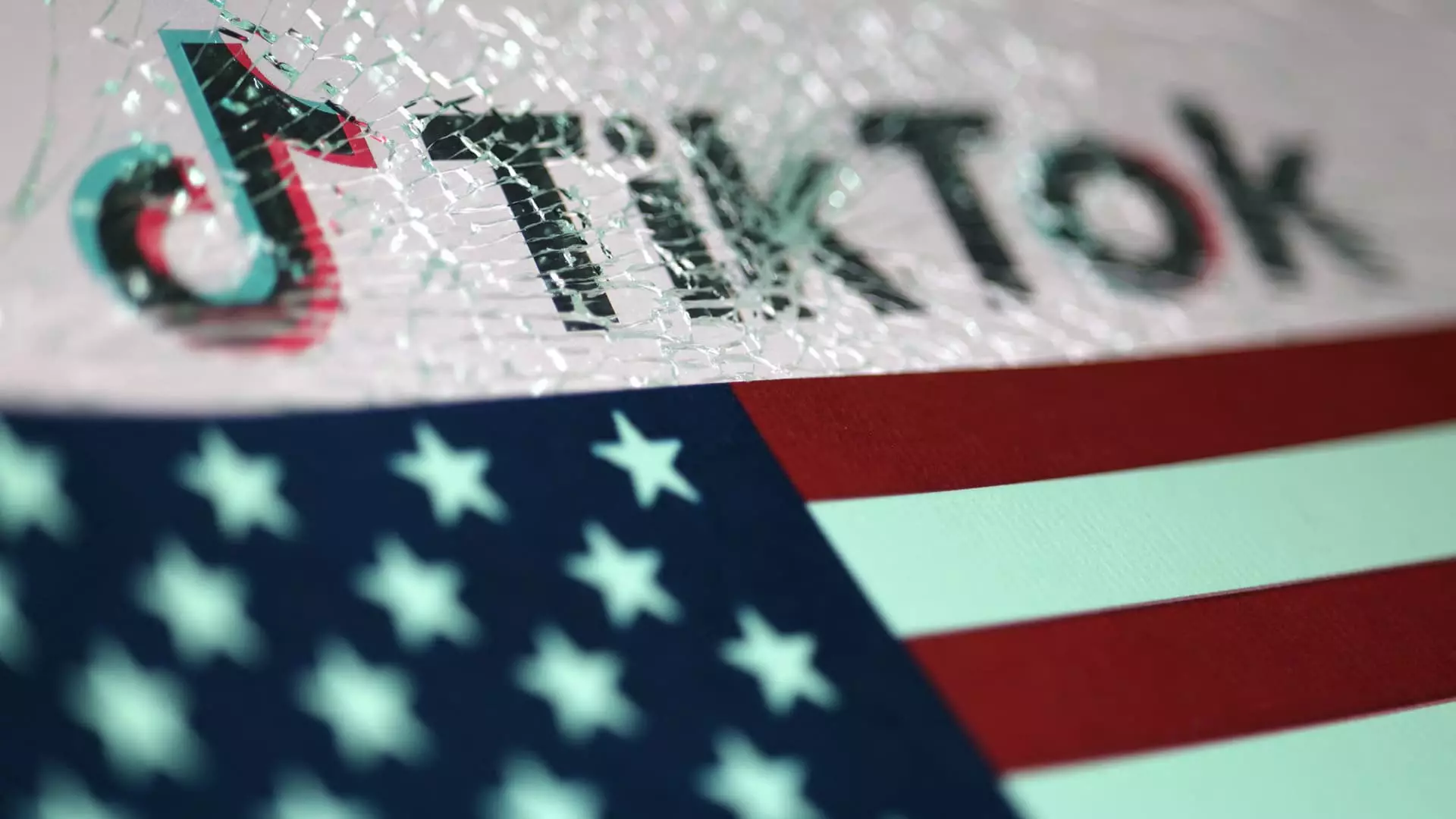In a dramatic turn of events, TikTok found itself navigating a precarious landscape in the United States as President-elect Donald Trump asserted his intention to sign an executive order aimed at delaying a federal ban on the app. This situation raises significant questions surrounding the intersections of free speech, corporate regulation, and foreign ownership—a microcosm of broader geopolitical tensions.
Following Trump’s announcement on social media platform Truth Social, TikTok announced via its own channels that it was in the process of restoring services to its American user base. The company expressed gratitude towards Trump for what it described as “clarity and assurance” provided to service providers, highlighting the implication that without this intervention, the app might have remained inaccessible to over 170 million users in the U.S. This chain of events reflects not only the app’s dependence on political dynamics but also the critical role of users and small businesses that rely on TikTok for growth and outreach.
TikTok’s response articulated a defense of the First Amendment rights, interpreting the delay of the ban as a stand against arbitrary censorship. This assertion is crucial, as the outcome of this conflict may establish precedents regarding censorship and regulation of digital platforms, drawing attention to who has the authority to control access to information and leisure activities in the digital age. The intricacies of this legal battle capture the attention of millions and could significantly reshape the U.S. digital landscape.
Despite TikTok’s announcement and the temporary reprieve provided by Trump’s directive, the underpinnings of ongoing legal challenges remain troubling. The recent Supreme Court ruling upheld a law aimed at banning TikTok unless ByteDance—its China-based parent company—divests its ownership. Thus, while access is being restored, the uncertainty surrounding its legality looms large. Companies like Apple and Google face the risk of penalties if they continue to host TikTok, creating a chilling effect that could influence their decisions moving forward.
Trump’s previous statements suggest a desire for a unique solution involving a joint ownership model, specifically aiming for a 50% stake held by U.S. interests. This concept encapsulates the delicate balancing act in ensuring the app’s continued operation while attempting to address national security concerns. However, ByteDance’s firm stance against any sale poses challenges to this framework, indicating a potential standoff between American regulatory demands and the company’s firm refusal to part with its asset.
The future of TikTok in the U.S. remains shrouded in uncertainty. The app’s role as a platform for creativity, small business growth, and free expression is at risk due to evolving political decisions and legal rulings. As debates about digital privacy, censorship, and corporate ownership intensify, the resolution of TikTok’s status could serve as a bellwether for broader regulations affecting tech companies and their users. With significant social and economic implications at stake, this saga exemplifies the uneasy intersection of technology, governance, and individual rights in the digital age.

